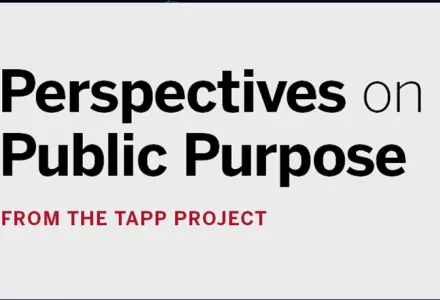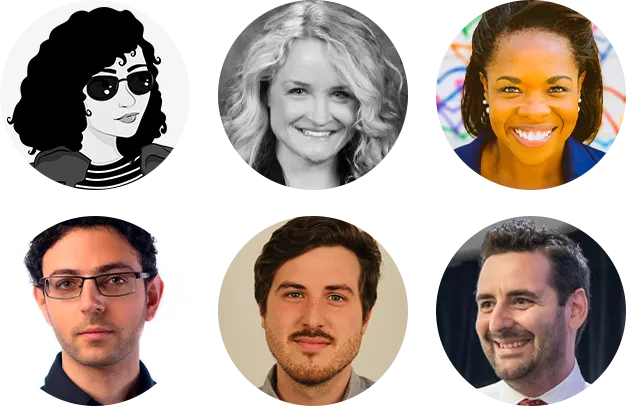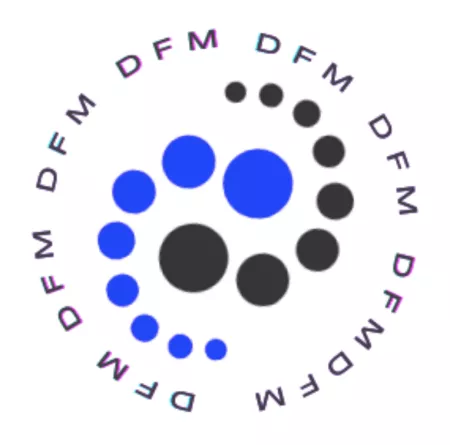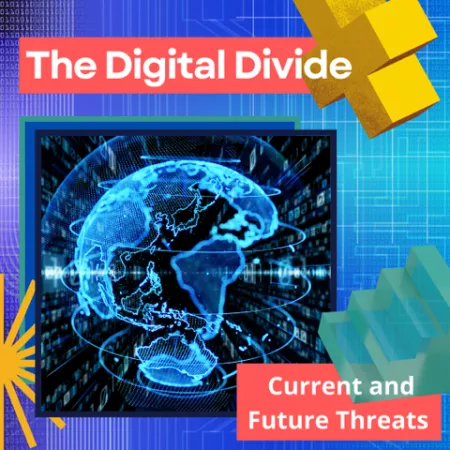Subscribe
Stay up to date with TAPP events, publications, and community news by subscribing to our quarterly newsletter.
#success { display: none; text-align: center; font-weight: bold; color:#006080; } #success:target { display: block; } .g-recaptcha > div { margin: 0 auto; }
Thank you for subscribing.
#success { display: none; text-align: center; font-weight: bold; color:#006080; } #success:target { display: block; } .g-recaptcha > div { margin: 0 auto; } function gCaptchaReadyCallback() { grecaptcha.enterprise.render('g-recaptcha-render-div', { 'sitekey': '6LfMg_EaAAAAAMhDNLMlgqDChzmtYHlx1yU2y7GI', 'theme': 'light', 'size': 'normal', 'callback': 'recaptchaCallback', 'expired-callback': 'recaptchaCallback' }); }; function recaptchaCallback() { var response = grecaptcha.enterprise.getResponse(); var submitButton = document.getElementById("submit_button"); if (response.length > 0) { submitButton.disabled = false; } else { submitButton.disabled = true; } }; jQuery( document ).ready(function() { // Thank You Page URL document.getElementById("tfa_17").value ="https://www.belfercenter.org/thank-you"; // Hide form if response was successful if(jQuery("#success").css("display") == "block") { jQuery("#tfa-form-div").hide(); }; jQuery("#submit_button").click(function(event) { if (event.detail == 1 && jQuery("#tfa_1").val() && jQuery("#tfa_2").val() && jQuery("#tfa_3").val()) { jQuery("#submit_button")[0].value = "Submitting..."; jQuery("#submit_button")[0].disabled = true; jQuery("#87")[0].submit(); } }); });
Thank you for subscribing.
Email address First name Last name
Harvard Kennedy School is committed to protecting your personal information. By completing this form, you agree to receive communications and to allow HKS to store your data. HKS will never sell your email address or other information to a third party. All communications will include the opportunity to unsubscribe.









